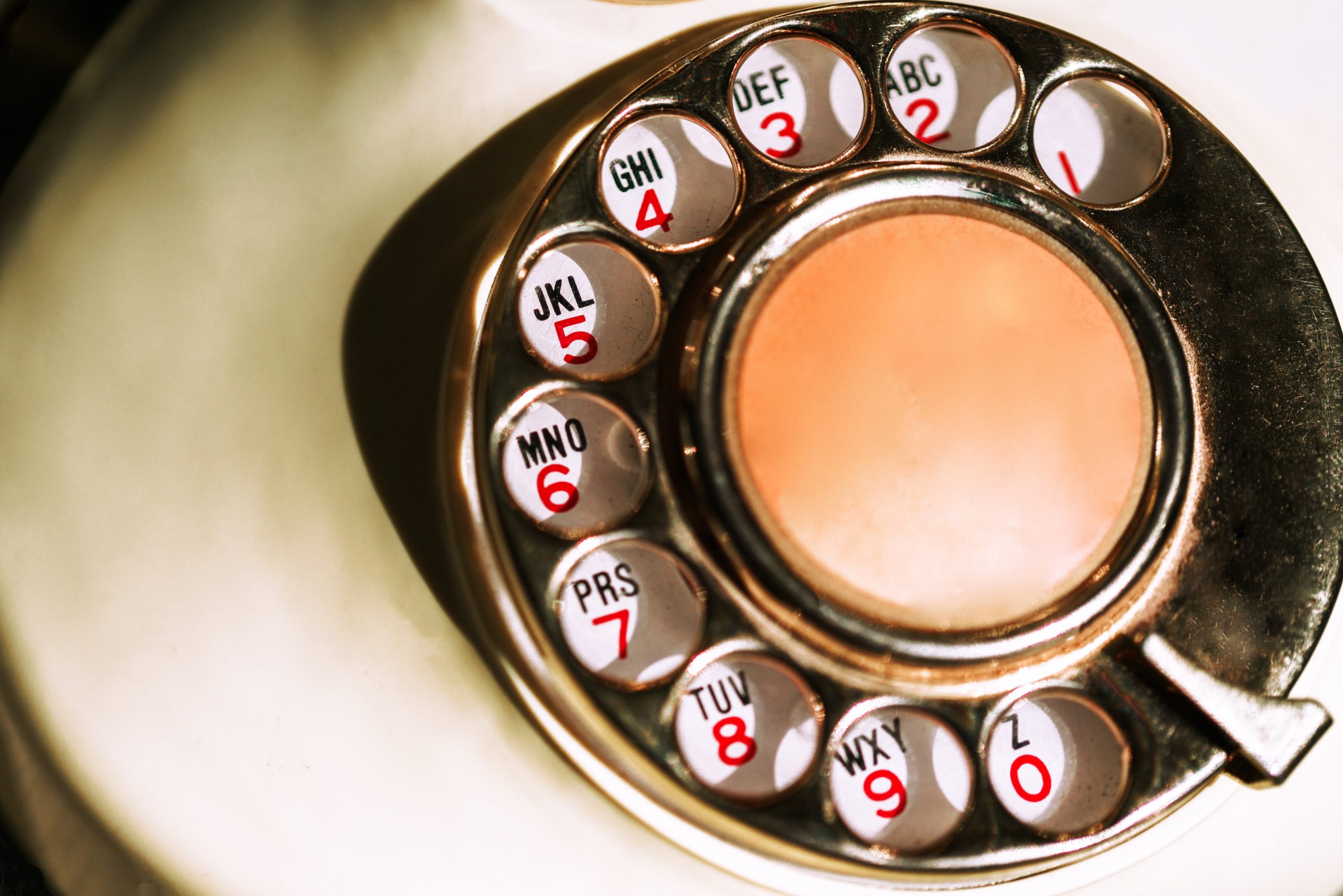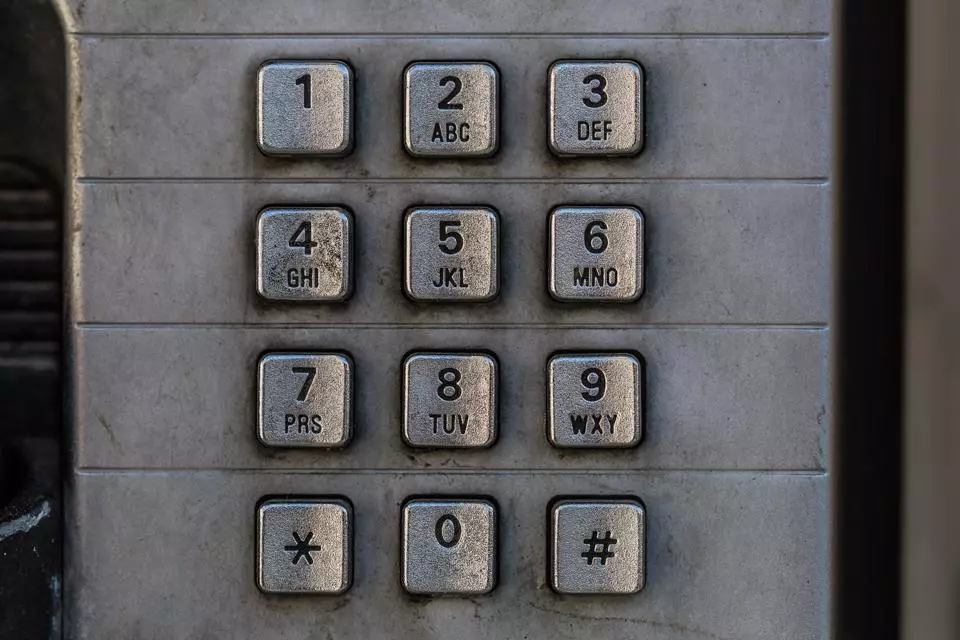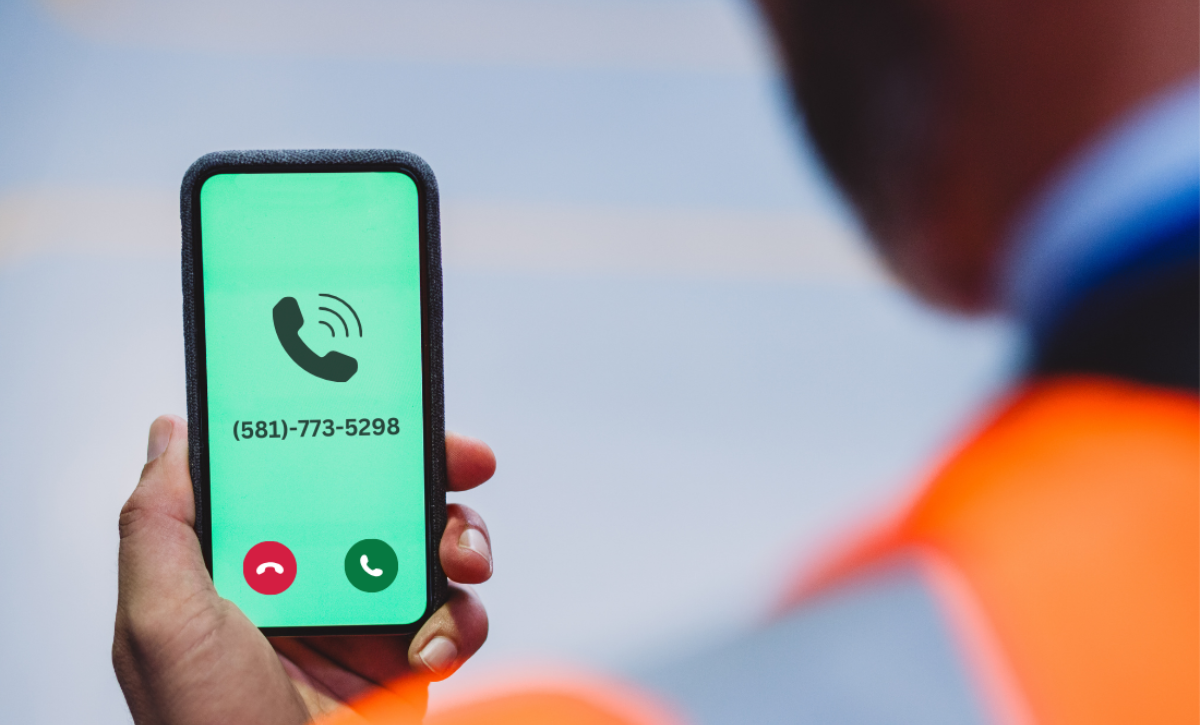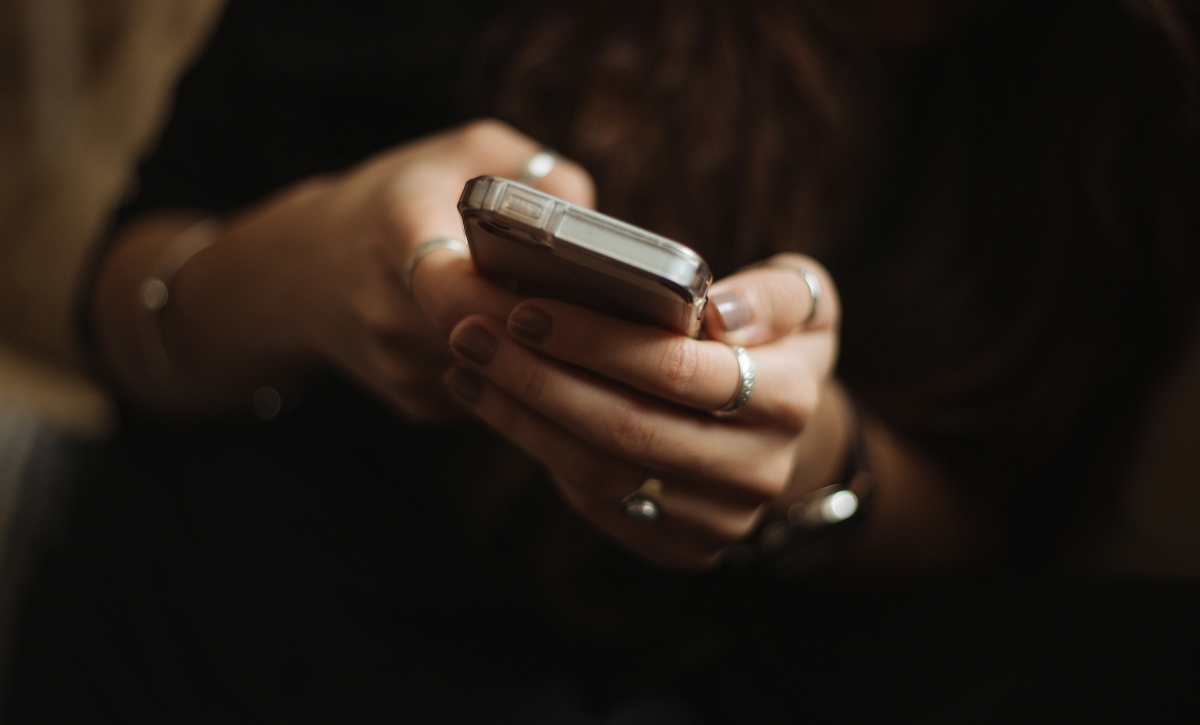June 24, 2019
Changing Your Phone Number: What You Need to Know!

Changing your phone number can be difficult, but it doesn’t have to be!
Have you ever wanted to dodge all your incoming phone calls? If so, you’re not alone, and you may even be asking yourself “How can I change my phone number?”
Maybe you’re trying to ghost an ex. Maybe you moved and you want a fresh start. Or maybe—and this is increasingly common—you’re fed up with spam callers. This last point is a recent trend: 29% of all phone calls in North American in 2018 were spam calls. It’s estimated that the 2019 numbers will be closer to 40%!
If that number seems too high, consider: how many spam phone calls and text messages do you receive in a week? Too many, right?
Spammers are seeking a variety of things: some of them want you to send them cash or iTunes gift cards, or Moneygram payments. These are easy to spot: most people realize that the IRS isn’t going to call and ask you to Venmo them $500. They’re a nuisance, but the majority of victims ignore these messages.
Many more are semi-legitimate. Sometimes they’re businesses to which you’ve provided your number. Sometimes they’re people who got your number off of Facebook, or Linkedin, or a friend of a friend.
Remember: any time you give out your personal phone number, you’re increasing the volume of spam you’re likely to receive.
But if you’ve had enough, then changing your number might seem like the best option. If so, here are some things to consider before you make the jump to a new number:
There Aren’t Any “New” Numbers
We know: changing your phone number may seem like an escape. It’s the digital equivalent of packing your life up and moving away for a fresh start.
Unfortunately, that’s not always true. Because of the way the telephony system works, there actually aren’t any “new” phone numbers.
All phone number providers use recycled numbers. This is because there are a limited amount of phone numbers worldwide: if you want a number in an existing area code, it’s going to be recycled. Requests for “fresh” or “clean” numbers are well-meaning but impossible to fulfill. So asking your cellular carrier to give you an unused number won’t do anything at all. Most of the time, that “new” number you are issued was being used less than 3 months ago by the previous owner. And most of the time, you can expect a couple of phone calls or texts meant for that previous number owner.
The only way to get a truly “new” number (and this is very rare) is to get one in a newly-launched area code. Because the North American Numbering Plan was applied sporadically to the entire US and Canada, new area codes are sometimes deployed to cover the gap when an existing one is exhausted. So you can sometimes get a brand-new, never-before-used number, in an area code that no one has ever heard of.
Most major cities and metro areas in the United States and Canada have a limited number of area codes available. Getting a new number in your preferred area code can be difficult!
But Changing Your Number Protects You from Spammers, Right?
Again, we’re going to have to give you some bad news: changing your phone number won’t help you very much. If you’re dodging an ex, or any specific person, then yes, changing your number is a good idea. But if you want to avoid robocalls, you’re out of luck.
Spammers habitually use random-number diallers. These are automated systems that hit phone numbers sporadically, but any phone number is vulnerable, new or old.
So changing your number will keep someone you know from calling you, but it won’t protect you from spam. And after a few days or weeks, soon enough you’ll start getting those spam calls again.
How Much Does It Cost to Change Your Number?
Let’s say you’re set on changing your number. The cost to do so depends on who your carrier is. It also matters what kind of number you want to change.
A toll-free phone number (like a 1 800 number) will cost more than a regular phone old personal number. A “vanity number” can also cost you big money—that’s a number where the digits spell out a specific word or phrase.
For a basic personal phone number, the majority of carriers will only let you select the area code, and then assign you seven random following digits.

Here’s how much it costs to change your number on the major carriers in the United States:
- AT&T — $36 fee, but removes access to old voicemails
- Sprint — Free, and removes access to old voicemails
- T-Mobile — $15 fee, but removes access to old voicemails
- Verizon — Free, but it can erase your device history, depending on what model of phone you have
In Canada, here’s what it will run you to get a different number:
- Bell Canada — $35. Students are entitled to two free number changes per calendar year
- Rogers — $35
These prices aren’t exorbitant, but consider the human labor cost of having to update your phone number with all your family, friends and services.
If you change your number, you’d have to tell work, your bank, your internet provider, your insurance and credit card companies, and your utility services. Then there’s work, your doctor’s office, your hairdresser, and that aunt that calls you once a year… Who has the time for all this?
Are you going to send a mass email or text from your new number to update everyone you know? If so, doesn’t that defeat the entire point of changing the number?
A Better Plan to Protect Your Privacy When Changing Your Phone Number
Change your number if you must. It may provide some temporary relief, and you might feel like you’ve accomplished something. We don’t want to take that away from you, but it’s important that you know that there’s a better way to keep your phone number secure.
Try out Hushed: a burner app that keeps your real number secure. With a Hushed disposable phone number, you can get a local number from anywhere in the world and use it just like your real phone number.
To get started, simply download Hushed for iOS or Android mobile devices, and create an account. It’s free to try for 3 days!
Hushed virtual numbers look and behave just like real phone numbers, so nobody will ever know you’re using a disposable number! You can keep your Hushed number for as long as you want (the “disposable number” is optional—you don’t have to burn the number if you don’t want to!).
Hushed numbers allow you to send and receive messages online using your mobile device, so you don’t even need cellular service. With a WiFi connection and a cell phone or tablet, you can get started with a disposable number today!
Hushed fights spam to prevent you from being bombarded by unwanted calls or texts. Better yet, it keeps your personal information from getting into the wrong hands. So before you change your number, give Hushed a try!


